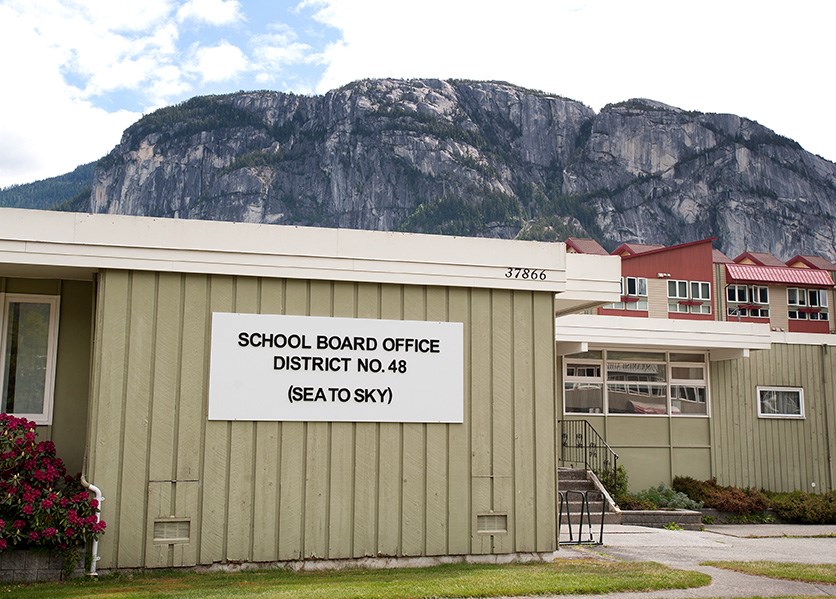It won’t happen this year, but letter grades could become a thing of the past for students.
The topic came up at the last board of education meeting during a discussion on changes to how schools report on students’ progress.
Trustee Chris Vernon-Jarvis raised concerns from parents who still feel the need for traditional reporting through grades.
“You’re worried that your child may be falling behind,” he said. “The parents need the reassurance.”
Caldwell said this school year is a “bridge” year to move toward changes to reporting, which will mean students’ self-assessment.
“Self-assessment is now a requirement from [Grades] K to 9 at this moment,” Caldwell told The Squamish Chief, adding “we’re anticipating it will be for 10 to 12.”
For now, the change will especially affect students between Grades 4 and 9 directly, though the educators around the province will be taking a phased approach. This means parents will still be able to get an idea of how their children are progressing in terms of traditional letter grades for now.
Eventually, self-assessment will be through the lens of five competencies found in the district’s education plan: Learning, which includes core skills; creativity and innovation; critical thinking; contributing; and collaboration. Students then, in effect, tell their story of learning through these when assessing themselves.
The assessment committee has been working on these changes for a few years, she says, and early on they tackled the question of how students will know they are making progress.
There was a suggestion of a ratings system at one point, but the committee felt progress has to be through the student lens – for example, an anecdotal story rather than a percentage or rating.
“This is where we want students to start setting their own learning targets,” Marilyn Caldwell, director of instruction, said.
The concept is that students become more aware of their progress and feel in control of the process.
“This is a notion around taking ownership of yourself,” Caldwell said.
The plan for now is not to have students in Grades 10 to 12 self-assessing in areas like physics, math or English.
Ultimately though, the shift is toward students presenting multi-disciplinary or “capstone” projects that emphasize the whole self.
Caldwell expects the transition will likely take place over a couple of years, with letter grades being available in Grades 4 to 9 for now, depending on how parents respond.
There is also a question of how this kind of reporting will work when it comes to applying to post-secondary institutions.
Caldwell responded that post-secondary institutions have been adapting already, as they are looking at students’ portfolios as well as their grades in terms of admissions.
“Universities are moving toward having portfolio-based requirements,” she said.
The province has also been in the midst of a shift in curriculum.
Though a separate issue, this trend has seen a move toward more student-directed and inquiry-based learning compared with previous approaches that focused on teaching and testing a set curriculum.



